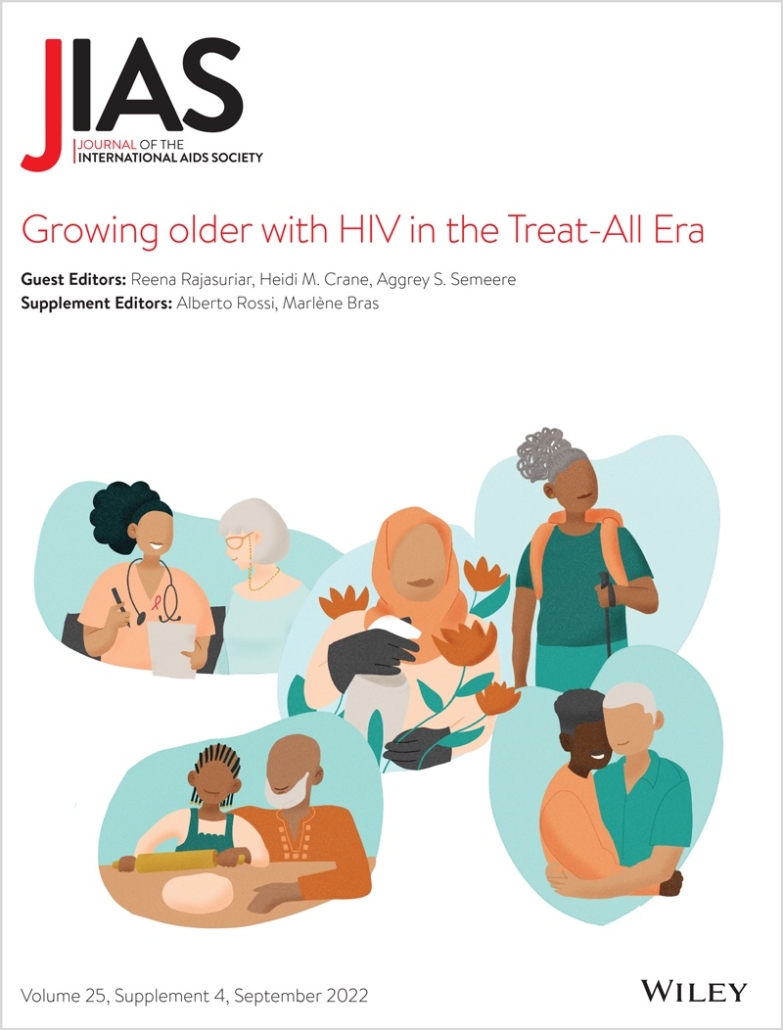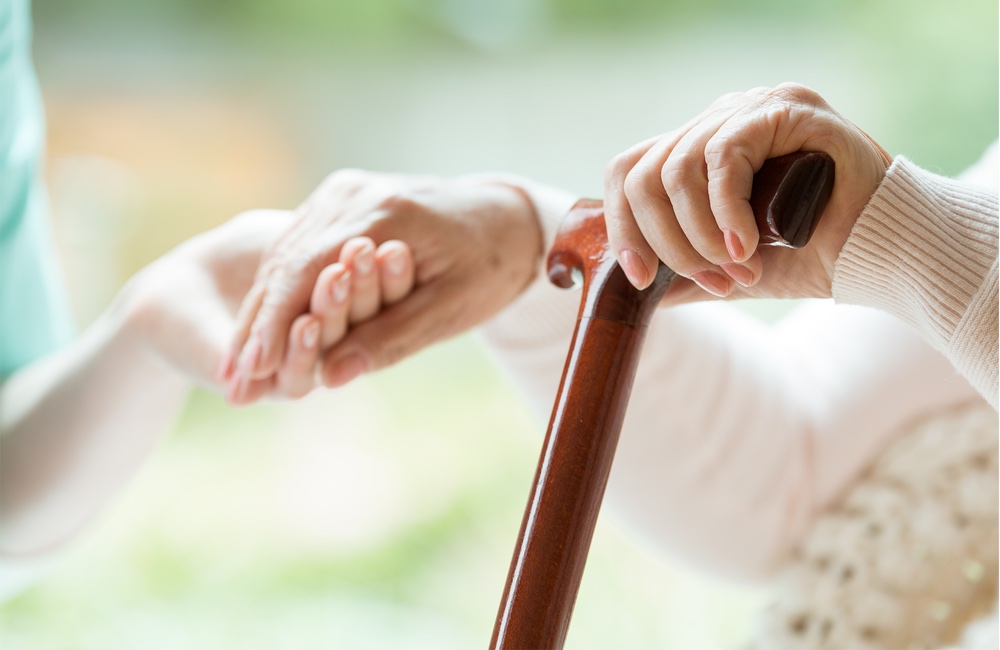HIV and Ageing: Understanding the Unique Needs of Older Adults
HIV and Ageing: Understanding the Unique Needs of Older Adults
People aging with HIV share many of the same health concerns as the general population aged 50 and older: multiple chronic diseases or conditions, the use of multiple medications, changes in physical and cognitive abilities, and increased vulnerability to stressors. In addition, while effective HIV treatment has decreased the likelihood of AIDS-defining illnesses among people aging with HIV, many HIV-associated non-AIDS conditions occur frequently in older persons with HIV, such as cardiovascular disease, diabetes, renal disease, and cancer. These conditions are likely related to a number of interacting factors, including chronic inflammation caused by HIV. Researchers are working to better understand what causes chronic inflammation, even when people are being treated with ART.
HIV and its treatment can also have effects on the brain. Researchers estimate that between 25 and 50% of people with HIV have HIV-Associated Neurocognitive Disorder (HAND), a spectrum of cognitive, motor, and/or mood disorders categorized into three levels: asymptomatic, mild, and HIV-associated dementia. Researchers are studying how HIV and its treatment affect the brain, including the effects on older people living with HIV.
The Importance of Support Services for Older Adults with HIV
Living with HIV presents certain challenges, no matter what your age. But older people with HIV may face different issues than their younger counterparts, including greater social isolation and loneliness. Stigma is also a particular concern among older people with HIV. Stigma negatively affects people’s quality of life, self-image, and behaviors, and may prevent them disclosing their HIV status or seeking the health care or social services that many aging adults my require. HIV care.
Therefore, it is important for older people with HIV to get linked to HIV care and have access to mental health and other support services to help them stay healthy and remain engaged in HIV care. You can find support services through your health care provider, your local community center, or an HIV service organization. Or use the HIV Services Locator to find services near you




